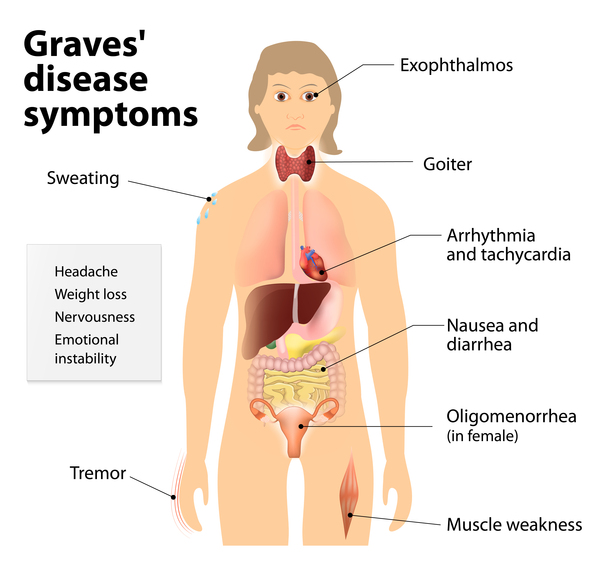When assessing a client with sepsis, which finding would be consistent with the late phase of septic shock?
Temperature 99.6°F
Skin flushed with capillary refill <3 seconds
Renal output 45 mL/hr
Arrhythmias
The Correct Answer is D
Choice A reason: A temperature of 99.6°F is a mild fever and not specifically indicative of the late phase of septic shock.
Choice B reason: Skin that is flushed with a capillary refill of less than 3 seconds does not suggest the late phase of septic shock, which would typically present with poor perfusion.
Choice C reason: A renal output of 45 mL/hr is within the normal range (0.5-1 mL/kg/hr for adults) and does not necessarily indicate the late phase of septic shock.
Choice D reason: Arrhythmias can be a sign of the late phase of septic shock as they indicate cardiac dysfunction, which is a result of decreased tissue perfusion and can lead to multiple organ failure.
Nursing Test Bank
Naxlex Comprehensive Predictor Exams
Related Questions
Correct Answer is B
Explanation
Choice A reason: Needing a sweater or jacket is not typical for Graves' disease, which often causes intolerance to heat rather than cold.
Choice B reason: This response is typical for Graves' disease, as hyperthyroidism can increase metabolism, leading to feeling warm or hot even in cold weather.
Choice C reason: While temperature dysregulation can occur, the specific symptom of feeling warm in cold weather is more directly associated with Graves' disease.
Choice D reason: Cold fingers can be a symptom of many conditions, but it is not specifically indicative of Graves' disease.

Correct Answer is B
Explanation
Choice A reason: Monitoring heart rate and rhythm is important in heart failure management, but it does not directly reflect the effectiveness of enalapril and furosemide, which are primarily used to control blood pressure and reduce fluid overload, respectively.
Choice B reason: Auscultating lung fields can reveal the presence of fluid, indicating pulmonary edema, a common complication of left-sided heart failure. Checking BP is essential as enalapril is an ACE inhibitor that lowers BP, and furosemide can also affect BP through its diuretic effect.
Choice C reason: Assessing for JVD can indicate right-sided heart failure, which may develop secondary to left-sided heart failure. However, it is not the primary assessment for the effectiveness of enalapril and furosemide.
Choice D reason: Checking peripheral pulses is a general assessment and, while important, it does not specifically evaluate the effectiveness of the medications in question.
Whether you are a student looking to ace your exams or a practicing nurse seeking to enhance your expertise , our nursing education contents will empower you with the confidence and competence to make a difference in the lives of patients and become a respected leader in the healthcare field.
Visit Naxlex, invest in your future and unlock endless possibilities with our unparalleled nursing education contents today
Report Wrong Answer on the Current Question
Do you disagree with the answer? If yes, what is your expected answer? Explain.
Kindly be descriptive with the issue you are facing.
